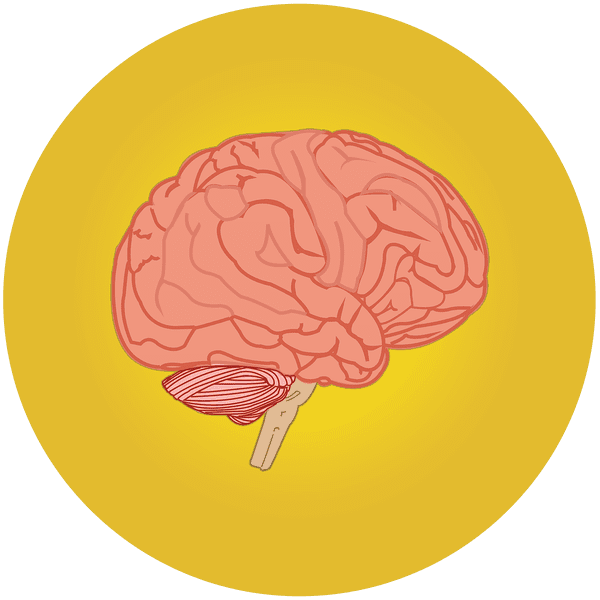Compulsive Eating (Binge-Eating) Disorder, Mental Health, and Trauma
Binge eating is one disorder that can result to eating food on an ongoing basis and the loss of control of self-discipline and regulation without any form of purging. A deep description of both disorders will lead to ways to support individuals on this journey..
Traumatic exposure is more common for binge eating subtypes of eating disorders (Brewerton, 2007). Binge eating has a higher correlation to previous sexual trauma, emotional trauma and physical trauma (O’Connor et al., 2016). Women and men with binge eating disorders may have symptoms of suicidality and major depressive disorder (Bank et al., 2018).
Childhood abuse is one prevalent factor that impacts children, youth, and adults who binge eat (O-Conoor et al., 2016). Some reasons for the post-trauma reaction of binge eating is to soothe, numb, or distract the woman or man from the stressful reminders of the traumatic event (Briere & Spinazzola (2005).
When the individual binges the usual fear and terror the body feels from the negative events are shut down and replaces those feelings with positive feelings and distraction from the negative thoughts, flashbacks, or feelings tied to the original event. This can result in a cycle of the person going to eat food to avoid feeling emotional pain or facing the original event. It results in negative feelings surfacing about the individual and their body and becomes a cycle until the thoughts and pain cycles are processed.
In one study, Bank et. al (2018) looked at alcohol usage, anxiety disorder, PTSD, and suicide attempt history and found this was more prevalent for women who binge who were diagnosed with major depressive disorder (MDD).Binge eating is often associated with depression and impulsivity ( O’Connor, Bear, Luo, VanHuysse, & Emery, 2016)
Backholm, K., Isomaa, R., Birgegard, A. (2013). The prevalence and impact of trauma history in eating disorder patients. European Journal of PsychoTraumatology, (4), 1-8.
Bank, Kim, Hong, Cho, Fava, Mischoulon, Chang, Kim, & Jin Jeon (2018) Binge eating, trauma, and suicide attempt in community adults with major depressive disorder. PLoS ONE 13(6): e0198192.https://doi.org/10.1371/journal. pone.0198192
O’Connor SM, Beam CR, Luo X, Cohen LA, VanHuysse JL, Emery RE, et al. Genetic and environmental associations between body dissatisfaction, weight preoccupation, and binge eating: Evidence for a common factor with differential loadings across symptom type. Int J Eat Disord. 2016. https://doi.org/10. 1002/eat.22625 PMID: 27636116.


